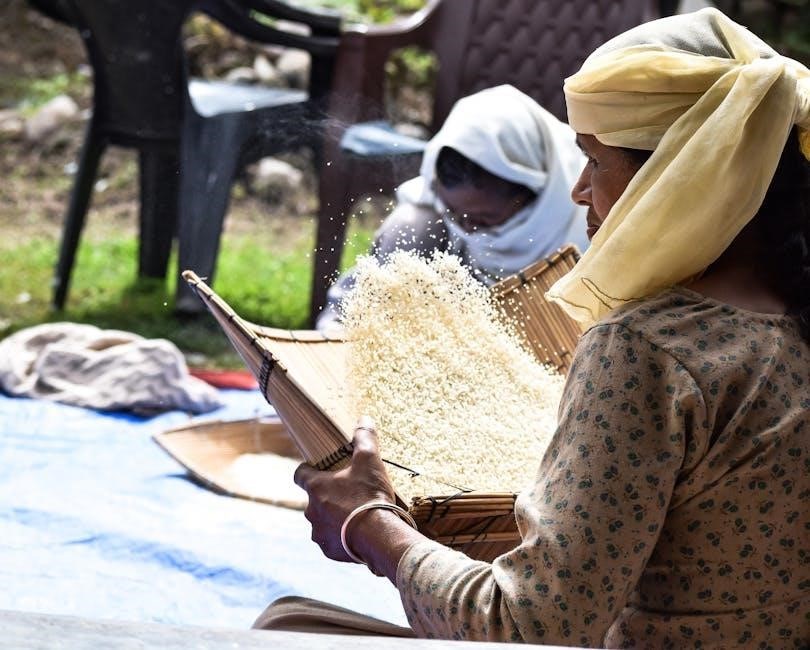Parenting involves discipline, and diaper discipline guide is a method, using
diaper punishment
as a technique, which is discussed among parents and pediatricians, with various opinions and concerns regarding its effectiveness and potential risks.
Understanding Diaper Punishment
Diaper punishment is a method of discipline where a child is made to wear diapers as a form of punishment. This technique is used by some parents to teach their children a lesson and to enforce good behavior. According to some sources, diaper punishment can be used in conjunction with other forms of discipline, such as time-outs and removal of privileges. The idea behind diaper punishment is to humiliate or embarrass the child into behaving properly. However, this method of discipline is not widely accepted and is often criticized by child development experts and pediatricians. They argue that diaper punishment can be damaging to a child’s emotional and psychological well-being. It is essential to understand the concept of diaper punishment and its potential effects on children before deciding whether to use it as a form of discipline. The effectiveness of diaper punishment is still a topic of debate among parents and experts.

Psychological Risks of Diaper Punishment
Diaper punishment poses risks to children’s emotional and mental health, including anxiety and low self-esteem issues, affecting their overall development and well-being, with long-term effects.
Why Diaper Punishment is Harmful
Diaper punishment is a method of discipline that can have severe consequences on a child’s emotional and psychological well-being. This approach can lead to feelings of shame, humiliation, and low self-esteem, ultimately affecting their mental health. According to various studies, children who experience diaper punishment are more likely to develop anxiety and depression. The use of diapers as a form of punishment can also create a sense of powerlessness and helplessness in children, making them more vulnerable to emotional distress. Furthermore, diaper punishment can damage the parent-child relationship, leading to mistrust and resentment. It is essential for parents to understand the potential harm caused by diaper punishment and explore alternative discipline methods that promote positive behavior and healthy development. By doing so, parents can create a supportive and nurturing environment that fosters their child’s emotional and psychological growth. Effective communication and positive reinforcement are key to successful discipline.

Alternatives to Diaper Punishment
Parenting experts recommend positive reinforcement and natural consequences as alternatives to diaper punishment methods daily.
Encouraging Positive Behavior in Children
Encouraging positive behavior in children is crucial for their development and well-being. According to experts, involving children in daily tasks can help them learn important life skills and develop a sense of responsibility. This can be achieved by assigning them simple tasks such as feeding pets or helping with laundry. By doing so, children learn to work together as a team and understand the importance of contributing to the household. Additionally, positive reinforcement techniques such as praise and rewards can encourage children to exhibit good behavior. Pediatricians and child development specialists recommend using these methods to promote healthy growth and development in children. By focusing on positive behavior, parents can help their children develop into capable and confident individuals. Effective communication and a supportive environment are also essential for encouraging positive behavior in children, and parents should strive to create a nurturing atmosphere that fosters growth and development.

Role of Pediatricians in Child Discipline
Pediatricians offer guidance on child discipline, providing parents with advice on managing behavior and promoting healthy development, using various techniques and strategies to support children’s growth.
Importance of Involving Children in Daily Tasks
Involving children in daily tasks is essential for their development, as it teaches them responsibility and teamwork. By assigning tasks such as washing vegetables, feeding the dog, or sorting laundry, parents can help their children understand the value of contributing to the household. This approach also encourages children to take ownership of their actions and develop a sense of pride in their accomplishments. Furthermore, involving children in daily tasks can help them develop important life skills, such as time management and problem-solving. Parents can start by identifying tasks that are suitable for their child’s age and abilities, and then gradually increasing the level of responsibility as they grow and mature. By doing so, parents can help their children become more independent and self-sufficient, which is an important aspect of their overall development and well-being, and can have a positive impact on their behavior and relationships with others.





Leave a Reply
You must be logged in to post a comment.